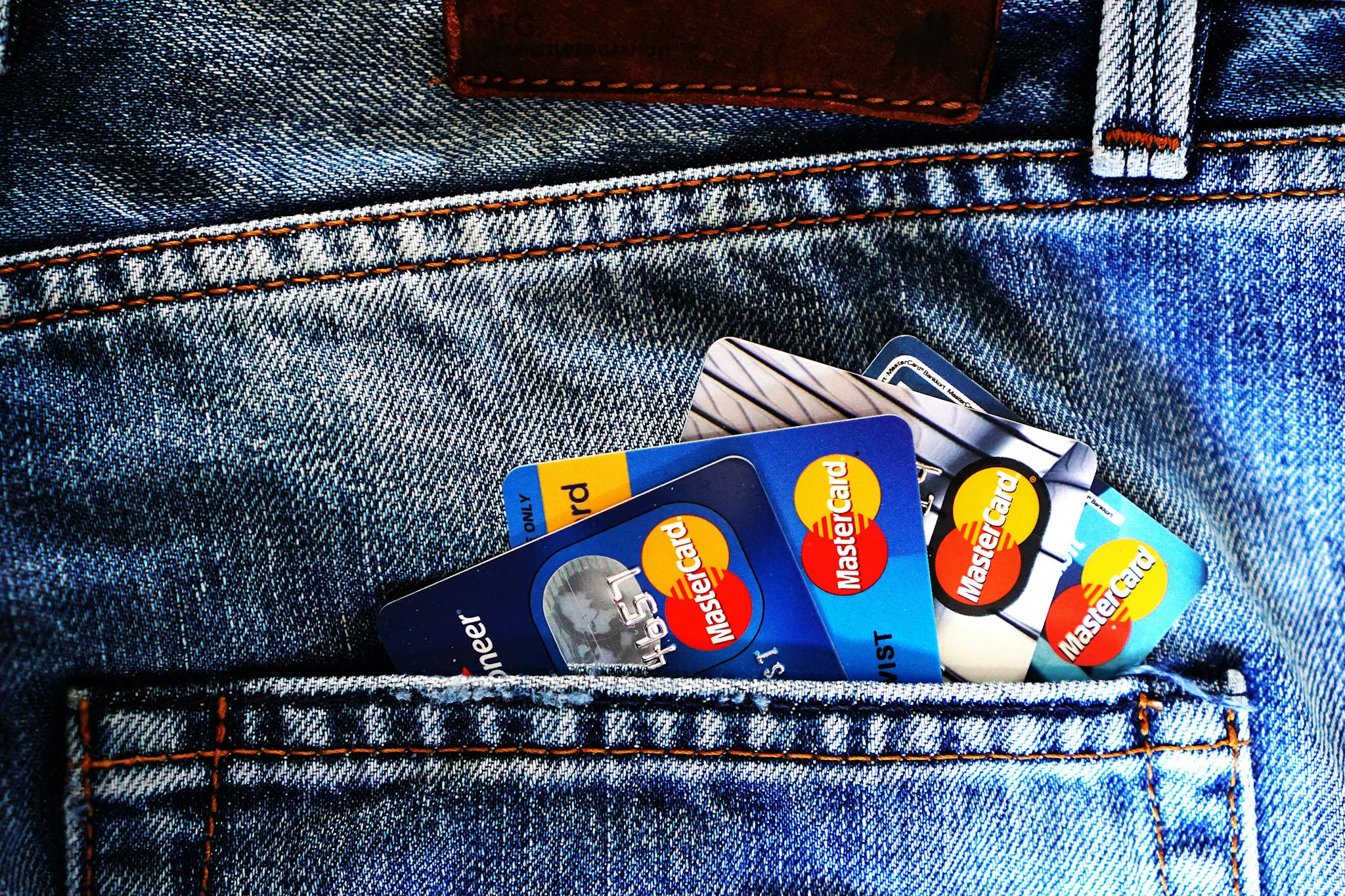Your credit score is more than just a number. In the U.S., it can affect your ability to get a credit card, rent an apartment, buy a car, or even get a job in some cases. But what actually goes into calculating this score?
If you’re new to credit, or just trying to improve your score, this article breaks down the main factors that influence it.
The Five Main Factors That Affect Your Credit Score
Credit scores are typically based on a scale from 300 to 850. The higher your score, the better. While there are different scoring models (like FICO and VantageScore), most use similar criteria.
Here’s what matters most:
1. Payment History (35%)
This is the most important part of your credit score.
Lenders want to know: Do you pay your bills on time?
Even a single late or missed payment can hurt your score. On the flip side, consistently paying your bills by the due date helps build strong credit over time.
What counts here:
- Credit card payments
- Loan payments
- Mortgage payments
- Collection accounts
- Public records (like bankruptcies or foreclosures)
2. Credit Utilization (30%)
Also called your credit usage, this measures how much of your available credit you’re using.
Example:
If your credit card limit is $1,000 and you have a $400 balance, your utilization rate is 40%.
Lower is better. Experts recommend keeping your usage under 30% — and ideally under 10% — for the best results.
Tip: Paying off your card before the statement date can help lower your utilization.
3. Length of Credit History (15%)
The longer your credit history, the better. Lenders like to see that you’ve managed credit responsibly over time.
What matters:
- Age of your oldest account
- Age of your newest account
- Average age of all your accounts
If you’re new to credit, don’t worry. This factor will improve with time as long as you keep your accounts in good standing.
4. New Credit (10%)
Each time you apply for a loan or credit card, the lender does a hard inquiry on your credit report. This can slightly lower your score, especially if you apply for multiple accounts in a short period.
What to avoid:
- Applying for too many new credit cards at once
- Opening multiple new loans without need
Hard inquiries stay on your credit report for two years but only affect your score for about 12 months.
5. Credit Mix (10%)
Having a mix of credit types can help your score, though it’s not essential. This shows lenders that you can manage different forms of credit.
Common types of credit include:
- Credit cards
- Auto loans
- Student loans
- Mortgages
- Retail store accounts
You don’t need every type of credit. It’s better to have a few accounts that you manage well than a bunch that you don’t.
A Quick Recap
Here’s a simplified breakdown of what affects your credit score:
| Factor | Weight |
|---|---|
| Payment History | 35% |
| Credit Utilization | 30% |
| Length of Credit History | 15% |
| New Credit | 10% |
| Credit Mix | 10% |
Final Thoughts
Understanding what affects your credit score is the first step to improving it. Focus on paying your bills on time, keeping balances low, and only applying for new credit when necessary.
With consistent habits and a little patience, you’ll see your score grow over time — and that can open a lot of financial doors.
Source
- MyFICO.com – https://www.myfico.com/credit-education/whats-in-your-credit-score
- Experian – https://www.experian.com/blogs/news/2020/05/what-are-the-factors-that-affect-your-credit-score
- Equifax – https://www.equifax.com/personal/education/credit/score/what-affects-your-credit-score
- Consumer Financial Protection Bureau – https://www.consumerfinance.gov/ask-cfpb/what-factors-affect-my-credit-scores-en-318


